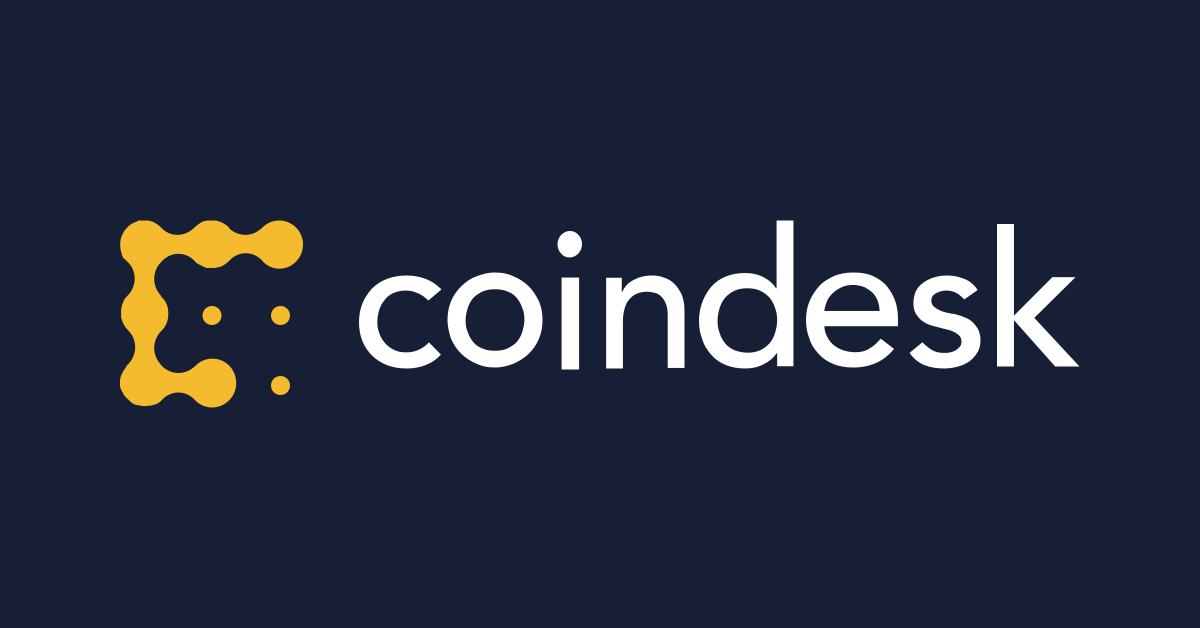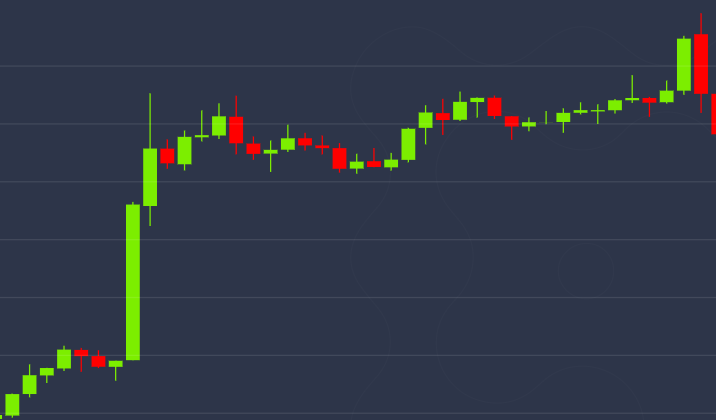Crypto Mining Giant Bitmain’s IPO Application Has Officially Expired

Cryptocurrency mining equipment maker Bitmain’s application for an initial public offering (IPO) on the Hong Kong Stock Exchange (HKEX) has officially lapsed, meaning no such transaction is happening anytime soon.
According to an update on the HKEX’s website, Bitmain’s case has been moved to a group of “inactive” applications and is now labeled as lapsed, six months after the company filed the prospectus on Sept 26.
If it still wishes to pursue a listing, Bitmain can re-file the application, but the company would be required to provide additional financial records beyond what was included in its initial filing.
According to a listing rule from the HKEX, “the latest financial period reported on by the reporting accountants for a new applicant must not have ended more than six months from the date of the listing documents.” However, the last public filing from Bitmain only covers the period ending June 30, 2018, nearly nine months ago.
The application drew wide attention last fall as Bitmain disclosed eye-popping profit growth over the past several years. For instance, just for the first half of 2018, the mining giant brought home a net profit of nearly $1 billion, after having made over $1 billion for all of 2017.
Despite such rapid growth in the bottom line, reflecting the surging cryptocurrency market of 2017, the HKEX was hesitant to approve applications from Bitmain and its mining rivals Canaan Creative and Ebang, due to the industry’s volatility.
Indeed, in line with the market slump of 2018, Bitmain suffered a loss of about $500 million in the third quarter of last year.
It’s unclear at the moment whether Bitmain is contemplating another attempt any time soon to go public. The company published an announcement on Tuesday stating:
“Bitmain’s listing application to HKex in September 2018 has reached its 6-month expiration date. … We will restart the listing application work at an appropriate time in the future.”
The company also confirmed in the same announcement that its co-founders Jihan Wu and Micree Zhan have stepped down as co-CEOs. Haichao Wang, previously a director of product engineering at Bitmain, was officially appointed Bitmain’s CEO, months after news report said a management shakeup was in the works.
But if it does not find another way to go public, the company may be on the hook to repay more than $700 million to its venture capital investors.
$700 million redeemable
As of June 30, 2018, Bitmain had a $715 million liability on its balance sheet labeled “redeemable, convertible and preferred shares,” resulting from its Series A and Series B funding rounds closed over the past two years. This amount accounted for nearly half the company’s total liabilities at the time.
According to the company’s IPO prospectus, the terms Bitmain agreed to with these investors included a redemption clause, which gives shareholders the right to require Bitmain to redeem or repurchase all or part of their shares if either one of two events happens.
One such situation is “neither a qualified [REDACTED] nor a qualified trade sale defined in the terms has occurred by the fifth anniversary of the preferred shares’ issue date,” the document says. The other is the occurrence of a breach by the company or its controlling shareholders that has a “material adverse effect” on the firm’s overall businesses and “has not been cured within 30 days as defined in the terms.”

A passage from Bitmain’s IPO prospectus
Shirley Wang, a partner at the law firm of Baker McKenzie FenXun with expertise in debt capital markets, said such redemption clauses are a common and typical way to protect investors and it’s not unusual for investors to initiate a redemption procedure. But the conditions under which redemption rights can be exercised vary from deal to deal, she added.
While it’s unclear what exact type of event was redacted from the passage in Bitmain’s prospectus, a clue can be found in a term sheet for Bitmain’s B+ round, in which the firm raised $440 million.
According to a copy of that document obtained by CoinDesk, investors have the right to redeem all or part of the B+ preferred shares at any time after the earlier of:
“i) 5 years from the closing date (if no qualified IPO), or ii) upon any breach by any Group company or any founder parties of the terms of the transaction documents in connection with the transactions contemplated hereby which amounts of a material adverse effect and is not cured within 30 days.” [Emphasis added]
Under such conditions, Series B+ round investors could require Bitmain to redeem the shares in an amount equal to the purchase price plus “all declared and unpaid dividends” and “an assumed 10% compounded” annual return for each year such shares are outstanding from the closing date, less any amount received by the investors.
This term sheet further specified what a qualified IPO means for Bitmain’s B+ round investors, stating:
“Qualified IPO is defined as an underwritten public offering of ordinary shares of the Company at a public offering price per share (prior to underwriting commissions and expenses) that values the Company at least US$18 billion in an offering of not less than $500 million).”
Although the amount of money Bitmain intended to raise from the IPO was also redacted from the HKEx prospectus, documents obtained by CoinDesk last summer indicated the proceeds would have been as high as $18 billion at a market capitalization of $40 to $50 billion.
Bitmain co-founder Jihan Wu image via CoinDesk archive









